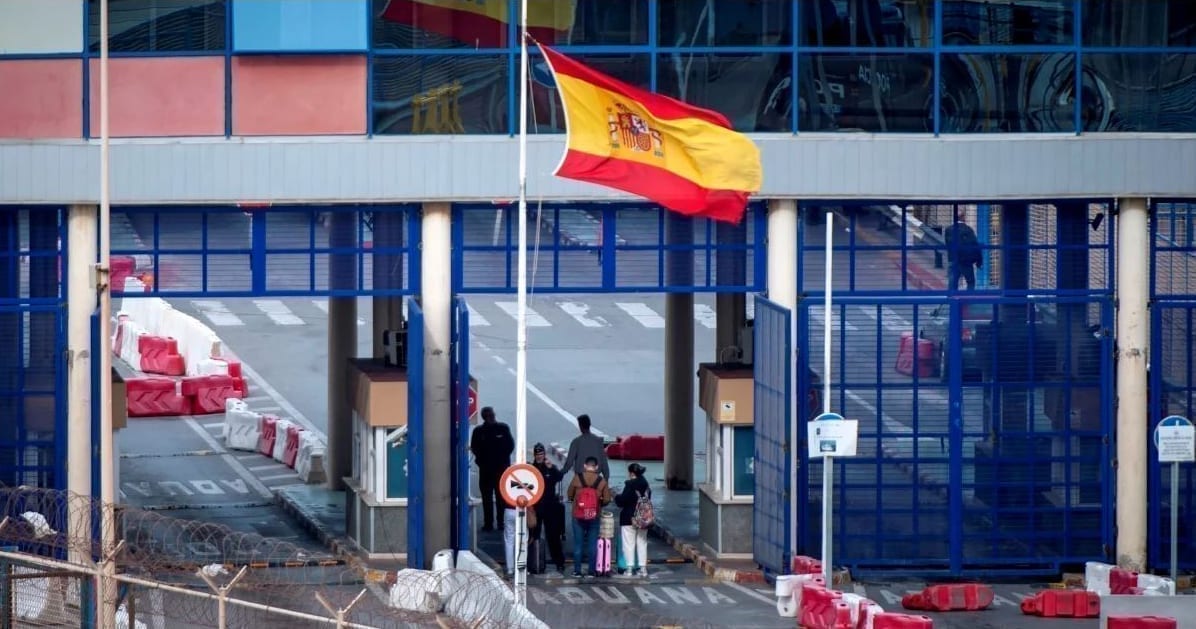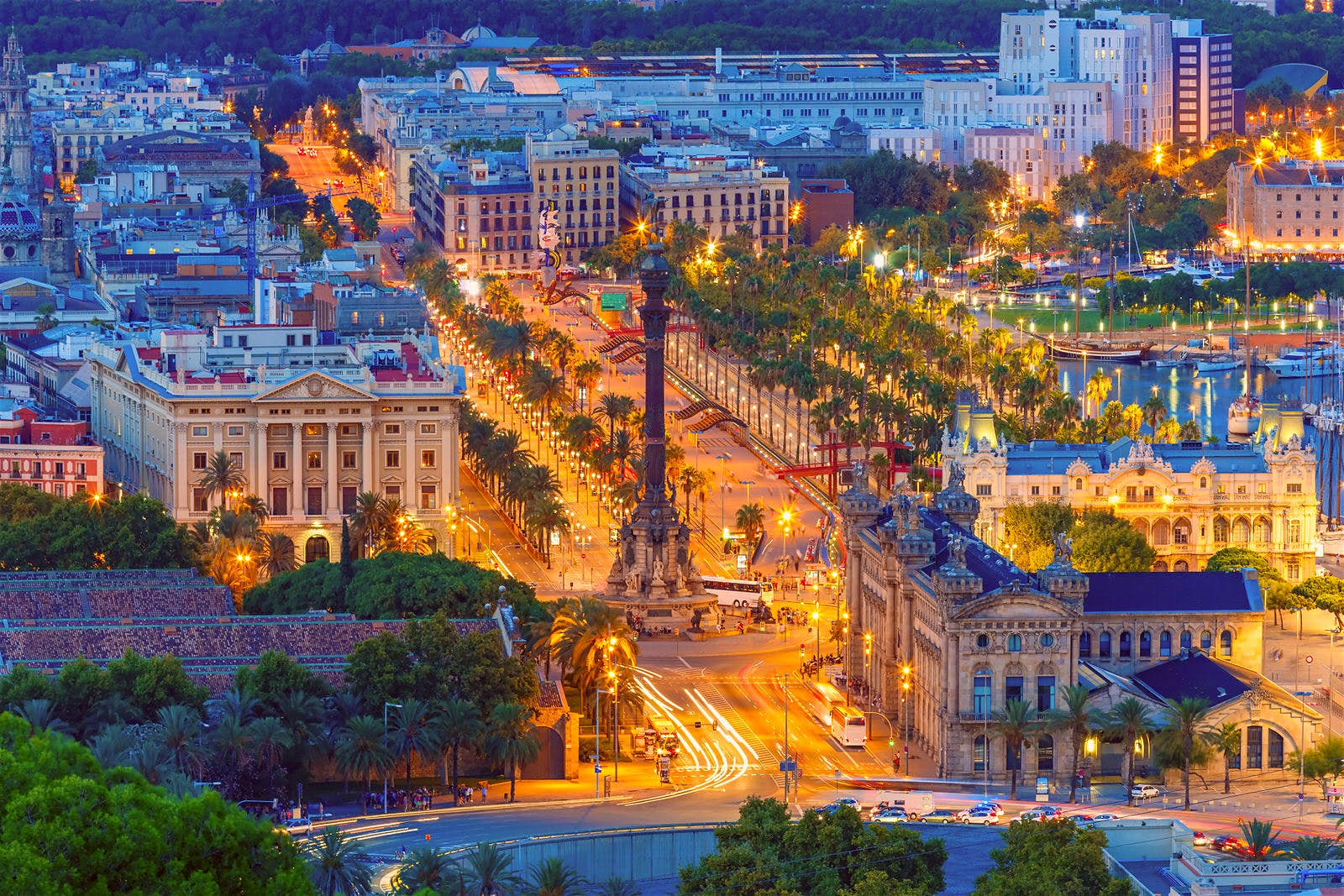The following ‘Letter to the Editor’ was originally submitted to us on March 25th, by Emily Keeton McBride who is currently living in Spain. At that time there were 47,610 confirmed cases and 3,434 deaths; it was her second letter to us. Due to the time difference and the speed of this virus, we had to ask her to give us an update before we published since things are rapidly changing over there. The numbers from her recent letter have already risen significantly in the last 24 hrs since we received her update. From the time of her first letter to us, just two days ago, the number of those who have died has doubled from just 1700. By the time you read this, I’m sure it will be even higher.
On behalf of all of us here at The Independent, we wish her, her family, and all those affected by this savage virus, hope, good health, and safety.

UPDATE: In just the last four days, Spain has seen over 31,000 new cases for a total of 78,797 and another 3,000 deaths, almost double in only four days for a total of 6,528.
Life on Lock-Down in Spain
by Emily Keeton McBride
With no traffic in Barcelona, I awaken to birdsong now. But after over a week of lockdown with two toddlers, that tends to be the only quiet moment of the day.
 Spain is the second most infected country in Europe, and fourth in the world. At the time of writing, there are almost 40,000 confirmed cases, and there have been over 2,800 deaths. Like elsewhere in the world, our health system is not equipped to deal with such numbers after years of cutbacks. Last week the Spanish government declared a state of alarm, all non-essential shops closed, and we were confined to our homes. We are allowed out to buy food or medicine, to go to the hospital, to go to work if we are still required to, or to walk the dog. If we cannot justify our reason for being on the street, we can be fined or arrested.
Spain is the second most infected country in Europe, and fourth in the world. At the time of writing, there are almost 40,000 confirmed cases, and there have been over 2,800 deaths. Like elsewhere in the world, our health system is not equipped to deal with such numbers after years of cutbacks. Last week the Spanish government declared a state of alarm, all non-essential shops closed, and we were confined to our homes. We are allowed out to buy food or medicine, to go to the hospital, to go to work if we are still required to, or to walk the dog. If we cannot justify our reason for being on the street, we can be fined or arrested.
When significant numbers of coronavirus cases first appeared in northern Italy in February, it seemed serious but not dire. A colleague and I cynically quipped over morning coffee: “A butterfly coughs in China, and in Europe, we all die.” On a grey day in late February, I took a day off to spend with visiting family. We went to the beach, ate at restaurants, took trains and drank coffee all over the city, saw everyone, touched everything. That evening, the first case was confirmed in Barcelona, and the surfaces of things have never since seemed to be entirely clean. Nor to others, apparently: hand sanitizer sold out within a couple of days.
On Thursday, March 11, as my colleagues and I walked into a pre-scheduled staff meeting and sat a meter apart from one another, news broke that schools would close from Monday, leaving most of us without childcare. Within an hour it was amended: they would close at the end of the day. “There’s not much point following the agenda we sent you,” our director said. “Everybody who isn’t required for basic maintenance works from home, starting tomorrow.” We packed up our offices in a hush and said goodbye without the usual kisses on the cheek.
Now my husband and I attempt to work from home with our two daughters, aged three and a half and twenty-two months. We live in a two-bedroom apartment of slightly less than 700 square feet. We both work full time, or we did.
We are awakened by our youngest at six, and by seven everyone has had breakfast. We attempt to let them play as we check emails and come to grips with the day. But they’re young, and they want us to play with them. Every day this past week we have improvised a new way of trying to work: waking up as early as 4 am, working once they’re in bed, taking turns an hour at a time, taking them up to the roof of the building to run off energy (this is now forbidden under the state of alarm) and setting up the tiny balcony table in our wardrobe. This last is the only one that has worked for more than ten minutes.
Meanwhile, we read stories, draw pictures, play dress-up, do puzzles, build forts, collect colored objects from around the house to make rainbows, roughhouse on the carpet, get the kids involved in putting away the laundry, take baths, do yoga, inevitably let them watch more films than normal, pull them off one another, mediate arguments, give them hugs, try and explain what the virus is and why they can’t go outside, lose our cool completely, shout. We also worry about our jobs. My husband is a freelancer and two jobs have already fallen through. My job seemed as safe as they come a month ago; now, nothing is certain.
The neighborhood is a strange mix of dystopian and normal. On a recent trip to the supermarket, three ambulances rushed wailing past as I walked five minutes up the road. This morning, I stood in a bread line that wound around the block. I felt like Colometa, the heroine of Mercè Rodoreda’s novel In Diamond Square, but she was living through the Spanish Civil War, and here there are no shortages, only social distancing. Everything is, for the moment, in abundance. My husband and I have artichokes for dinner from the local market, and wine, and cheese from the tiny cheese shop that is expensive but that I want to support, because they’ve taken such a hit this week.
And though the streets are eerily quiet, they are not quiet enough. The police and neighbors complain of constant abuses of confinement, of people sitting in squares, of people walking dogs miles from home. Somebody was stopped near Girona walking a goat. The police have even broken up an orgy for being in violation of the law. On Saturday we woke to headlines that thousands of cars had “escaped” from Barcelona, rushing to second homes in country villages that are desperate to keep them away, where the populations are old and vulnerable.
Spain is just getting started with coronavirus, and already services are overwhelmed. Even more depressing are the statistics coming from Italy, where people have already been under lockdown for a month, and where deaths and new infections continue to rise. We know we’re going nowhere soon. A little of a week ago, we saw friends, sat in busy squares and took public transport. Now, as we join conference calls to work from our walk-in wardrobe, we urge you to keep your distance…
As of today, Friday 25 March 2020, The Foreign and Commonwealth Office (FCO) has updated their travel advice to advise against all but essential travel to certain regions of Spain because of coronavirus.
The FCO’s updated travel advice for Spain comes after the Spanish government suspended inbound flights from Italy until March 25 and asked other travelers to avoid unnecessary trips to the country.
The FCO has advised against all but essential travel to Spanish regions including Madrid and La Rioja, as well as the Castilla y León region.
Madrid’s top health official warned of a ‘very worrying’ surge in coronavirus cases in the capital city, with a rise of almost 50% in less than 24 hours taking the total to almost 2,000 today.
The U.S Embassy & Consulate in Spain and Andorra, just issued an all-points, sobering bulletin to any U.S. residents still in Spain just today.
“All U.S. citizens who wish to depart Spain should do so now. Options to return to the United States from Spain using commercial carriers, via direct flights or flights with layovers in third countries, are extremely limited. We understand U.S. citizens will not be allowed to transit the airports in Germany, the Netherlands, or Belgium on connecting flights to the United States. This includes the airports in Frankfurt, Amsterdam, and Brussels. U.S. citizens in third countries may not be allowed to transit Spain on connecting flights to the United States. Consider connecting flights through Paris and London.”
We will keep in touch with Emily; in the meantime, our staff here at The Independent are praying for the good people of Spain, we urge you to do the same…





I hope that readers will pay attention to this letter and other admonitions about our current situation. When I went to WM to pick up online grocery order the parking lot was full and people seemed like everything is normal including having their kids with them. Hope that works out for them but fear for some it will not.